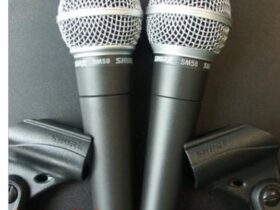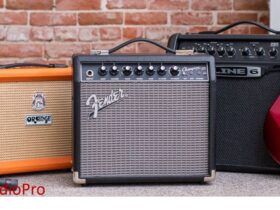Although not a true allergy, in some cases, what seems to be alcohol intolerance might be your reaction to something in an alcoholic beverage — such as chemicals, grains or preservatives. Combining alcohol with certain medications also can cause reactions. Unlike the symptoms of intolerance, an allergic reaction can be serious and even life-threatening. An allergic reaction may cause a variety of symptoms involving the skin, the gastrointestinal system, and the respiratory system. People with an intolerance to a food or beverage may experience symptoms that are uncomfortable but not life-threatening. Those who have an allergy, however, could have serious reactions if they consume something they are allergic to.

Red wines contain between 60 and 3,800 micrograms of histamine per glass, whereas white wines contain between 3 and 120 micrograms. Although there is no doubt that hope is not extinguished, there is still hope. During allergy season, you can still enjoy some delicious adult beverages.
Suspect #1: Sulfite intolerance
When a person consumes one glass of red wine, they may experience symptoms such as sneezing, flushing, headache, diarrhea, skin itch, and shortness of breath. Although there is no cure for wine allergy, you can reduce Boston Sober Homes discomfort by treating the symptoms. Red and white wines are made from different types of grapes and undergo different fermentation processes, which can affect the amount of certain allergens they contain.

This can happen because alcohol dilates blood vessels, making skin appear more flushed. It can also happen in people who have a genetic defect in the aldehyde dehydrogenase 2 (ALDH2) gene. People with this defect aren’t able to metabolize alcohol as quickly as others, which leads to a buildup of a compound called acetaldehyde that is known to cause skin flushing. Miller said the symptoms can get worse since she has found that wine frequently compounds her other food allergies. “It seems between the stuffy nose and the skin irritation that there’s a reaction,” said Miller. If the intolerance is severe, the symptoms may be severe enough to cause headaches for up to two hours.
Health news and tips for the whole family
The type of wine you drink, how fast you drink it, and the effect you expect from your vino are just some of the things that influence how you ~think~ wine makes you feel. In the end — or rather, in the body — intoxication works the same way whether you’re sipping wine, cocktails, or beer. The first is that alcohol contains compounds that act as allergens. The most common of these compounds are sulfites, which are typically highest in beer, brown liquor, and cider. There are times when you want a drink so badly, you can’t think about anything else until you get one.
You may have heard that some people with food allergies are slowly given increasing amounts of allergen orally in order to promote tolerance. The blood will then be sent to a laboratory to test for allergy-related antibodies called IgE antibodies. Blood testing can test for total levels of IgE or IgE levels against a specific allergen.
Why do my seasonal allergies seem worse when I drink wine?
There are definite differences between red and white wine, and some of those differences may contribute to how the wine affects you. Expectations are another possible factor according to study authors. The gist being that if you expect wine (or any drink) to make you feel a certain way, it probably will because you‘re expecting it to. No, though research https://en.forexdata.info/top-10-best-sober-houses-in-boston-ma-january-2024/ shows that people report ~feeling~ different emotional responses to different drinks. Maybe you’ve been concerned enough that you’ve already thought about or actually tried to cut down on your drinking — and it didn’t happen. Alcohol masks unhappy emotions, so those feelings may come back when you quit drinking, making it harder to stick to your goal.

In some cases, over-the-counter or prescribed medications might help alleviate symptoms. If they suspect you have a true allergy to alcohol or another ingredient in alcoholic beverages, they will likely conduct allergy testing. The most common type of allergy testing is the skin prick test.
There’s also getting the alcohol, feeling sick after you drink, and recovering from the effects later. Keep track of all your activities in a daily diary or schedule planner for a few weeks, and take an honest look at how it adds up. In the U.S., the food isn’t as healthy, we drive everywhere instead of walk and often eat faster.
- Despite the fact that wine is not the only food that contains histamines, it is one of the most common allergenic foods.
- Red, hot, and dry skin are just a few of the symptoms of an histamine-based alcohol intolerance reaction.
- If you’re allergic to alcohol, you may experience hives, itching, swelling, difficulty breathing, and wheezing.
- And a new study funded by the National Institutes of Health found that binge drinking among adults ages 35 to 50 has reached historic levels.





